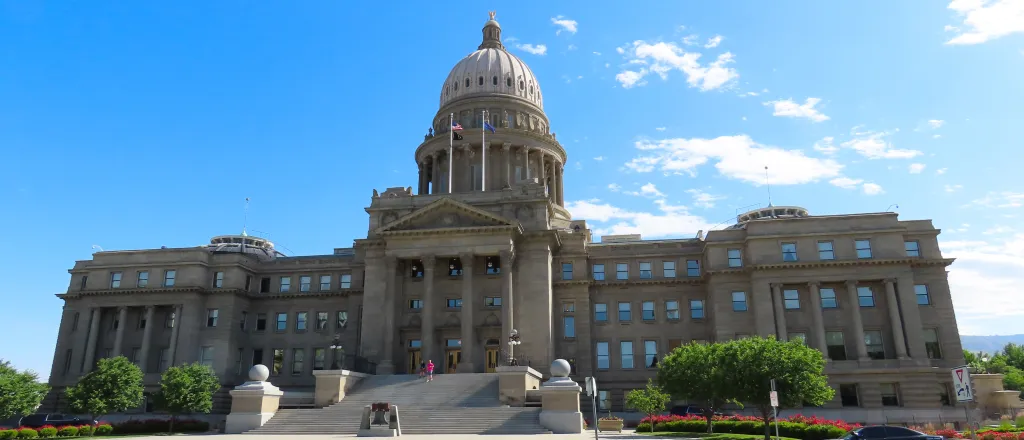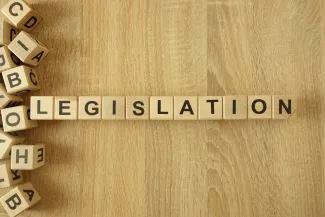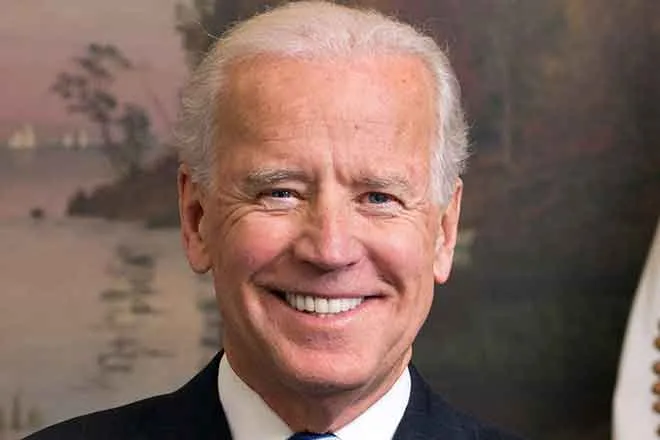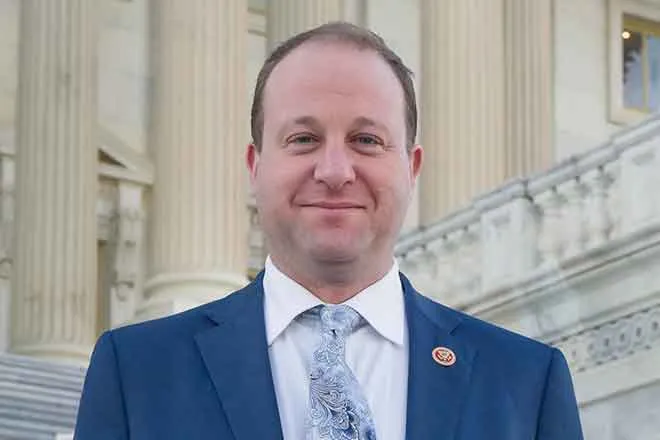
Montana governor vetoes bills that would have limited executive, judicial privilege
© Amy Wilkins - iStock-2154356979
Governor Greg Gianforte vetoed two bills respectively designed to make the executive and judicial branches of government more transparent to the public — but acknowledged the public’s strong right to know in the Montana Constitution.
In a veto letter, Gianforte also acknowledged his frustration with “judicial activism.”

House Bill 271 was aimed at ensuring transparency by the executive branch by limiting “executive privilege,” or the governor’s power to withhold specific government information.
Senate Bill 40 would have required Montana Supreme Court deliberations to be recorded and, after a case closed, be made available to the public.
Gianforte, a Republican, vetoed both bills Friday using similar rationale, and proponents of HB 271, including the bill sponsor, soon pushed back against “secret decisions” made by the executive branch.
However, University of Montana law school faculty member Constance Van Kley said the rationales offer consistency, and she said members of the public don’t lose any rights to information and remain free to request government documents.
“Fundamentally, what it reinforces is that … the existence of privileges from the right to know raises constitutional questions, and the scope of any privilege that is asserted against the right to know raises legal questions,” Van Kley said.
‘Chill candor among justices’
In his veto letters, the governor said although the Montana Constitution “contains some of the strongest — if not the strongest — rights to public information,” limitations exist.
He said during the 1972 Montana Constitutional Convention, delegates acknowledged that privileges, “such as judicial privilege,” shape the scope of the right to know, or allow for some information to be protected.

Gianforte said legislators passed SB 40 “in response to rampant judicial activism,” and he understands and shares their “deep frustration” and sees it “as a threat to our constitutional order.”
“Time and time again, judges across Montana issue rulings that infringe on the Legislature’s policymaking authority and a governor’s ability to faithfully execute the laws,” Gianforte said in the letter. “The effect of Senate Bill 40, however, will chill candor among justices against the public’s interest and weaponize those discussions in future litigation.
“Legal arguments will no longer be properly focused on majority decisions of the court and discussion among justices may become less honest and robust.”
Van Kley said the delegates in 1972 generally wanted openness in government, but with limits.
“At the Constitutional Convention, the delegates were really focused primarily on transparency and not exceptions to transparency,” Van Kley said. “However, they did recognize that judicial deliberations were generally not open to the public already, and so that did seem to be on the delegates’ minds as an exception to the transparency provision.”
‘“Right to know” will die’
The governor used a similar argument in his veto of HB 271, although he also cited the Montana Supreme Court’s order in O’Neill vs. Gianforte.
In that case, a citizen and former government official, Jayson O’Neill, sued the Governor’s Office after it would not provide him forms used to track legislation, citing executive privilege and the need for candor in decision-making.
The Supreme Court found a gubernatorial privilege is “necessary to the integrity of government,” but it also said it is not an absolute privilege, and the governor must meet “a high bar” to keep information private.
In the veto letter, the governor said HB 271 attempts to repeal a “constitutional privilege,” and signing it into law would be contrary to the public interest.
“House Bill 271 categorically limits a governor’s constitutional expectation of privacy where he is executing his constitutional duties,” Gianforte said in the letter.
Democrat Representative Ed Stafman of Bozeman sponsored the bill, and he said earlier this year that it would “restore transparency and open government in the executive branch to what it has consistently been for at least 50 years.”
In the earlier interview, Stafman also said Montana hadn’t previously recognized executive privilege, the Supreme Court crafted a narrow decision based on common law, and the Legislature has the authority to overturn common law through statute, which his bill aimed to do.
In a statement this week about the veto, Stafman said it allows a backslide in Montana’s history of open government.
“Even as the judicial and legislative branches become more transparent, if we let the executive branch become the place where secret decisions are made and deals are cut, then that’s where the public’s constitutionally protected ‘right to know’ will die,” Stafman said.
The Right to Know in Article II Section 9 of the Montana Constitution states the following:
“No person shall be deprived of the right to examine documents or to observe the deliberations of all public bodies or agencies of state government and its subdivisions, except in cases in which the demand of individual privacy clearly exceeds the merits of public disclosure.”
House Minority Leader Katie Sullivan, D-Missoula, also said Montana’s governor answers to the people, and previous governors, both Democrats and Republicans, have made documents available to the public.
“But Governor Gianforte now sees himself above the law,” Sullivan said in a statement. “He is hiding documents from the public, battling transparency requests in court, bending the rules, and making new ones, all to hide from the people. What is he hiding?”
Veto won’t make documents private — unless they already are
Van Kley said it would be difficult for other branches of government to claim privilege if HB 271 became law and was found to be constitutional.
That’s because, according to one view of privilege, it’s reasonable to expect that privileges among branches “should be roughly equivalent to each other,” said Van Kley, with the UM Alexander Blewett III School of Law.
Van Kley argued on behalf of plaintiff O’Neill in front of the Montana Supreme Court, so would speak only generally about the Constitutional issues it raised when contacted by the Daily Montanan on Tuesday.
In his veto letter, Gianforte discussed the same: “The Legislature itself has legislative privilege. Senate Bill 40 upsets the separation of powers by eroding the privilege of one branch of government while retaining it in another.”
Van Kley said the veto letter outlines a legitimate view of the separation of powers, and it is consistent with the veto letter for SB 40 which claims the judicial privilege is grounded in the separation of powers.
The order from the Montana Supreme Court, however, said gubernatorial privilege is among the “candor privileges,” such as those protecting the confidential relationship between a priest and churchgoer.
The order said those privileges are rooted not in separation of powers but in the “historical and practical need of society for candor between individuals and those from whom they are seeking counsel,” including government officials.
Van Kley also said the vetoes take off the table any questions about the constitutionality of the bills, and she said a citizen can still request records and claim a constitutional right to examine documents in Montana.
“The veto is not going to privilege any documents that aren’t already privileged,” Van Kley said.
Now that a court ruling recognizes executive privilege “to some degree,” Van Kley said she expects specific questions to emerge and end up litigated.
In January 2025, the Montana Supreme Court directed the district court to do a private review of the documents O’Neill had requested to determine whether they were protected or could be released to the public.
The case was filed in 2021 and is pending.
Senator Greg Hertz, R-Polson, sponsored SB 40, and he could not be reached for comment Tuesday by voicemail.
















